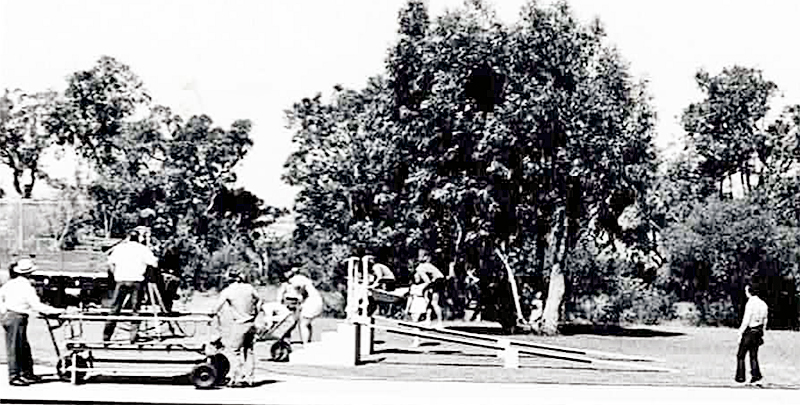Mount Lawley encouraged student involvement and participation in the running of the college. The Student Council was established as a formal body to deal with student affairs and members of the Student Council were represented on the Courses Sub-Committee, the Publication and Research Committee and Campus Affairs Committee. Students also had a voice in the form of the Mentor magazine, and were actively encouraged to participate in writing articles. This lead to the Mentor Cup, in which students also took over.
Council
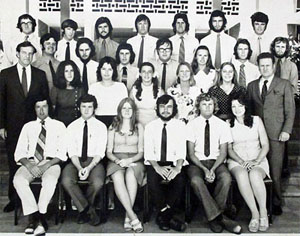
John Rice was elected foundation Student President and the first Student Council had been formed – a structure was in place to encourage student leadership, student initiative, perhaps using the regular student news-sheet Mentor as a student-wide stimulus for action. The Mentor reveals that in the early years, student parking, the provision of a college canteen, the purchase of a college bus, and drinking alcohol at functions, all received attention by the Student Council. The Council also organized successful ‘dinner and dance’ functions to strengthen awareness of the Mt Lawley College community amongst college students.
Bobbie Smith:
I was the President of Societies.
Neil (Robert) Kidd:
I was on the student council for the three years I was there. I recall that Hugh Morrison was our president. I think his girlfriend may have been societies president or secretary.
My ex-wife Bobbie Kidd (Smith) was Societies President … and there was an issue with Liquor Licensing at one of the social events that was very stressful for both of us. I’m sure the reason we are not in the graduation photo collage is that we were busy behind the scenes.
The Mentor

The fortnightly student newspaper, ‘Mentor’ established by students in 1970 confirms this positive, participative mood by students at Mt Lawley. The Mentor ‘though accepting all copy’ in its early years did not print any criticism of the administration, the education program, or teaching by the Mt Lawley College staff. For their part, the College staff were conscious that they were launching something new, special and largely untried. Thus in 1970 after only one semester the social studies staff conducted a self-appraisal of social studies course content and its delivery revealing perhaps some concern amongst College staff that the students were too passive, too accepting.
Neil (Robert) Kidd:
I helped with the student newspaper “Mentor” which was edited by Les Smith and Bob Buckee in my 1st year and then I became the editor. This was pre-computers and the stencils were printed on a Gestetner; I do recall it having a scanner that cut the stencils though!
A local senior named Mary was our typist [etc] at the student newspaper. She lived across the road and seemed to love the job.
I wanted to print T-Shirts for Mentor and showed the design to {Allan?} Jones of the Art Department. He told me it was too detailed to cut as a silk screen so I thickened the lines and brought it back. He showed me what to do and I did my first silk-screening.
Mentor Cup
‘The Mentor Cup was a great social event and a crazy mixture of management in getting it going. Initially a College administration event, it was mainly run by the PE Department, though taken over by students early on.’ As a day from the College program it served to unite students as a group and provide some fun in the process. The teams involved in the Cup tended to be keen participants competing in good spirit showing how competitive students could be. For those less competitive, just watching and enjoying the fun was OK too.
Neil (Robert) Kidd:
The Mentor Cup was a fun day at Garret Road Bridge and I recall the Science Department had many ‘secret weapons’ to ensure they won! Mud squirted through bicycle pumps & pack-of-cards sail.
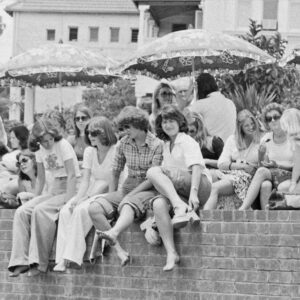
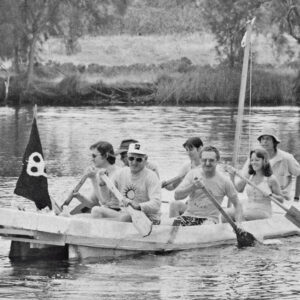
Social Life
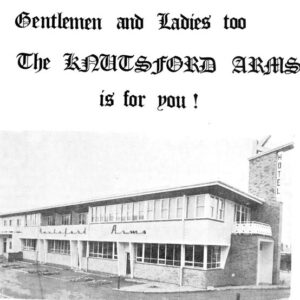
A popular place for students was the Knutsford Arms. They would often descend on this nearby hotel for a tipple at lunchtime or after finishing up for the day.
College Camps
In 1970, there were two camps: Point Peron and Rottnest. The program at Point Peron included: nature study, canoeing, games, drama and art. The Rottnest camp included: creative dance and drama, script writing, social study, nature study and sporting activities.
In 1971, for the first semester camp, three M.T.T. buses were hired to transport all students, plus their luggage and sporting equipment to Point Peron.
The second semester camp was on Rottnest, and students travelled on the “Rottnest islander” for the discounted sum of $2.50 each, while staff received complimentary tickets. All luggage and stores were included in the tickets.
The third semester camp was accessed via car pooling, as was the fourth semester camp at Bickley. The mobile camp to Geraldton was conducted per hired bus from the Swanleigh Boy Scouts and driven by Alan Jones.
There were also shorter weekend camps arranged by car pooling.
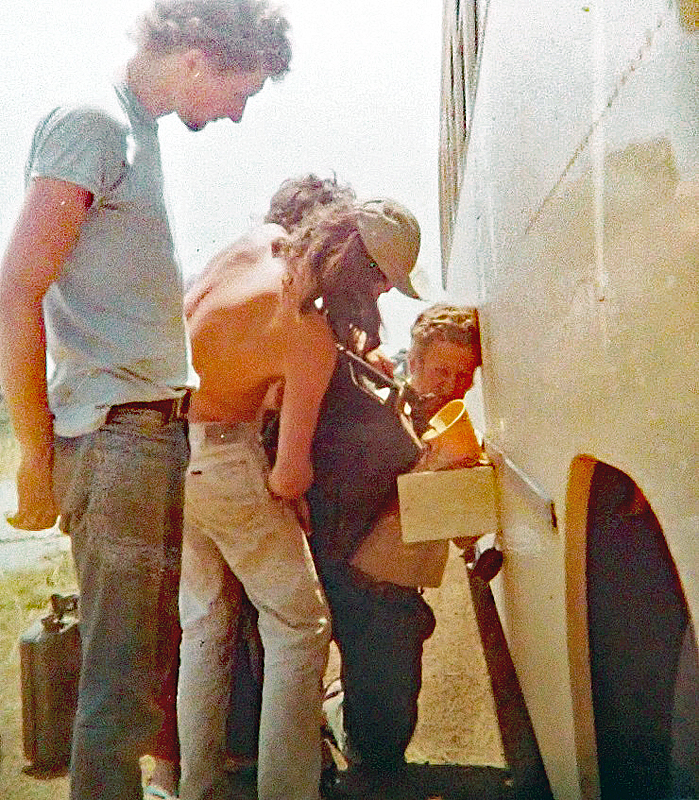
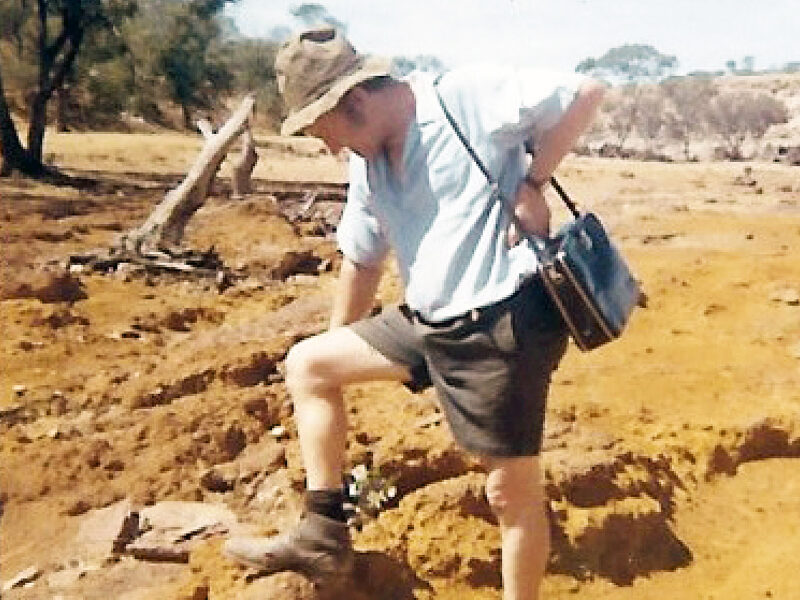
By 1972, there was a single camp planned for first year student, prior to Easter, with a potential second camp in Rottnest is semester two. For students in their second year, there would be two “option studies” camps, such as the geology camp, with Len McKenna.
Sue Haselby attended a geology camp in 1972: “We went to Mingenew and dug fossils and lived in a shearing shed. I was from Northampton so I was delighted to head north and meet up with my parents in Geraldton on our last night”.
Clive Choate shares his memories of the Point Peron and Rottnest camps:
Primary school camps engender lifelong memories. School camps and their organisation were highlighted during MLTC training, with pre-camp planning strategies and the implementation of these with our own cohort. In my cohort intake year of 1971, Brian Churchward and Robyn Arnott from the Physical Education Faculty were the leaders of our Point Peron Camp School, which highlighted the facilities available for a multi-discipline Camp School. Staff from all faculties contributed to camp activities.
Our other camp, on Rottnest Island, saw a different approach which promoted community service, the use of dormitory accommodation at Kingston Barracks, the logistics of supervision on the Island, while balancing recreation and formal learning activities. Bruce Sinclair and Sandra Mohlmann led this approach.
Point Peron Camp School
The facilities available at a Camp School were explored with financing, catering, student accommodation types, staff supervision logistics and control of students, coordinating of activities and use of recreation time.
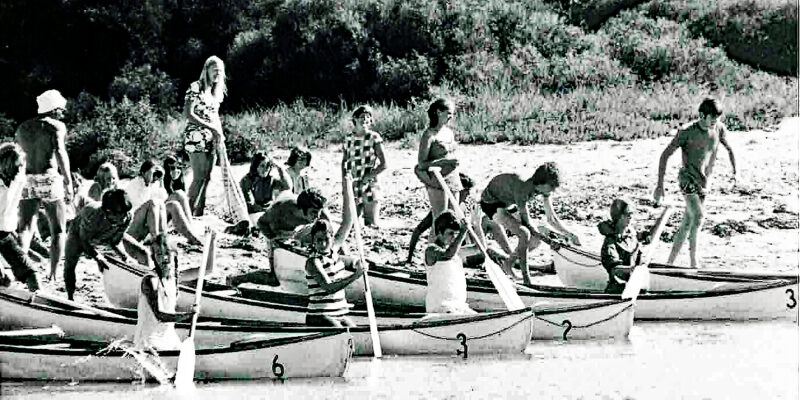
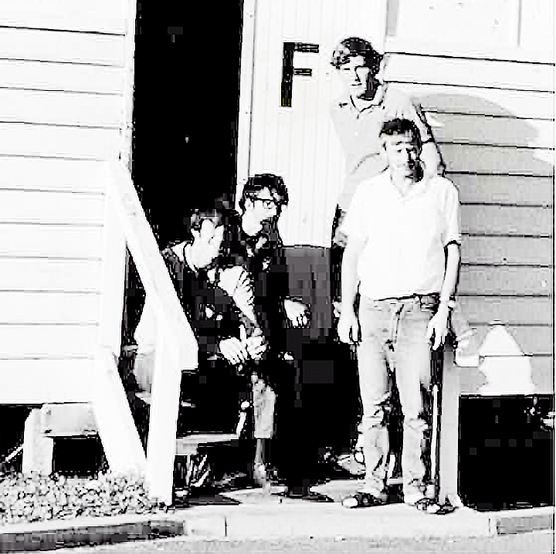
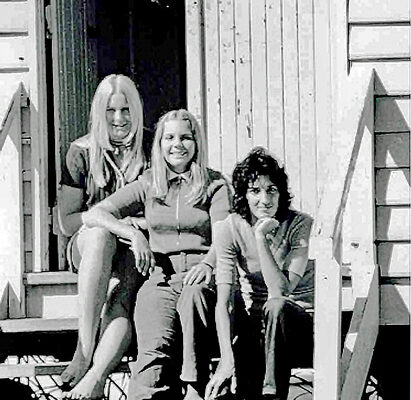
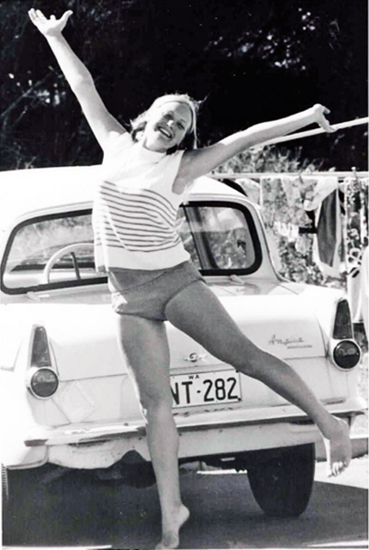
Trainees had to find their own way to Point Peron which I did when I car pooled with Ruth Perdie. After breaking down on the way to the Rockingham Camp, we arrived to join the group being briefed in the Recreation Hall which doubled as the dining room.
After the lunch break we were thrown into activities which included Canadian canoeing on the ocean boundary, and problem-solving physical activities on the school oval which involved planks, buckets, building a vehicle and transporting it over a gate and other challenges.
Afternoon tea break promoted regrouping and reassignment of tasks where other faculty staff took us to the leeward side of the point to explore science of the ocean, gun tunnels and lookouts, vegetation and animals in the coastal environment, as well as swimming rescues.
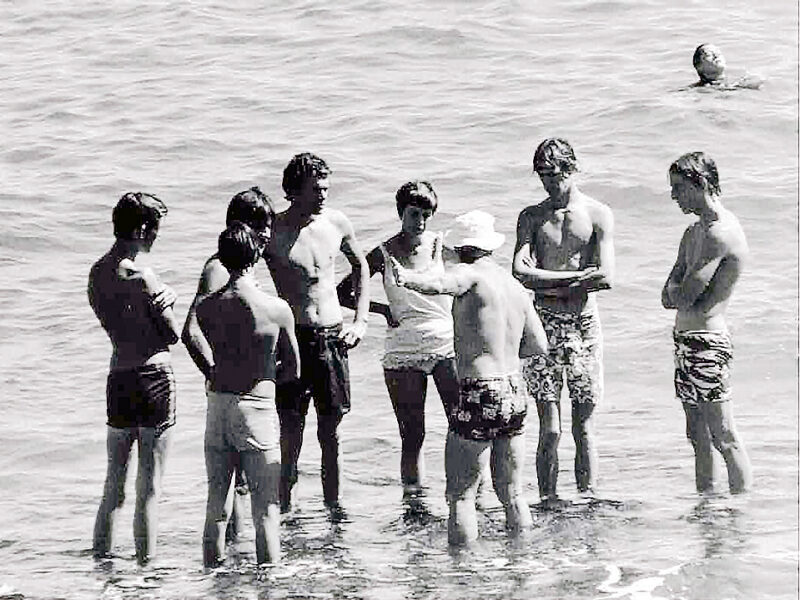

Science legend Len McKenna, while not constrained by his philosophy of the timetable or being on time, entertained with his wealth of knowledge to make science fun.
Student Ruth Shean has never forgotten his talks on beach vegetation in this environment. His talk at that camp has inspired me forever. Talking about the silk of spiders’ webs, and the gall wasp too.
Len showed us their swollen sections of tree branches, but the beach rosemary was an absolute winner for me, because already it was a smell I knew well. I love Westringias!
Camp organisation and how to run camps successfully provided quite a conduit as we enjoyed the company of our peers at Point Peron Camp School.
Rottnest Camp at Kingston Barracks
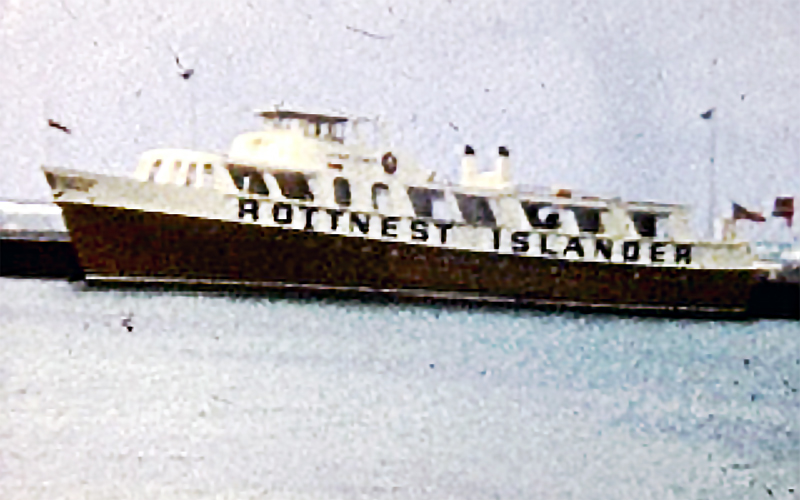
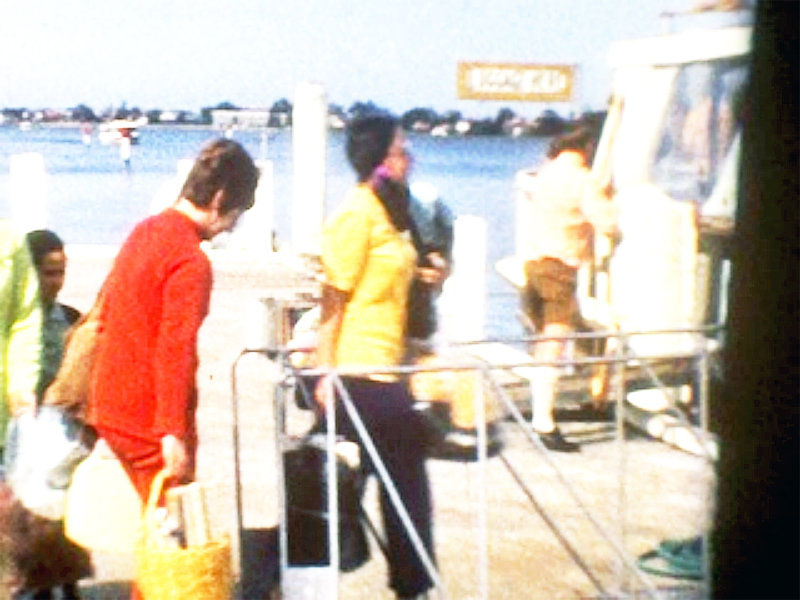
Bruce Sinclair and Sandra Mohlmann, from the Physical Education Faculty, led this residential camp at the old Army barracks. Logistics were studied on campus and put into practice as we boarded the “Rottnest Islander” at Barrack Street Jetty in Perth.
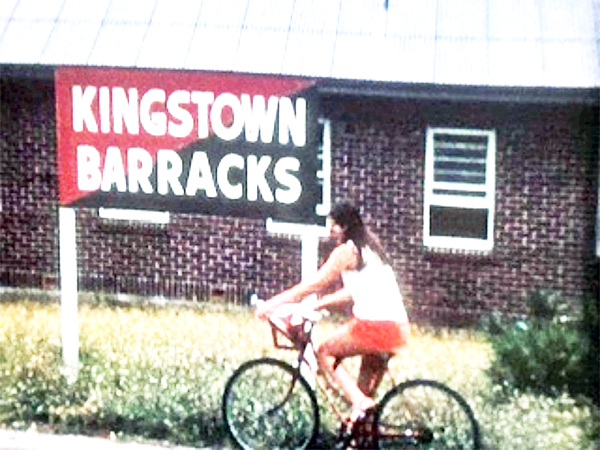
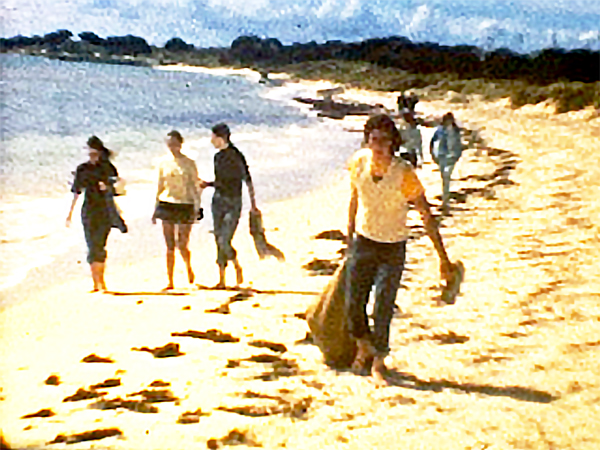
Bikes procured, we cycled to Kingston Barracks where a mixture of tasks included community service of cleaning beaches, pulling weeds, dormitory organisation, feeding logistics which included a kitchen roster, and then excursions in science, cycle orienteering, map reading, and plenty of history which included: aboriginal hardship, pilot ships for the tall ships, museum activity, and good recreation activities on the island and at Kingston Barracks.
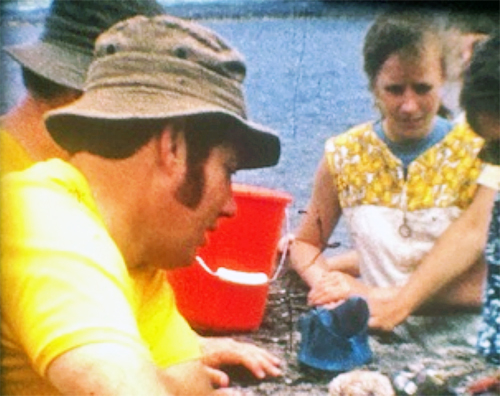
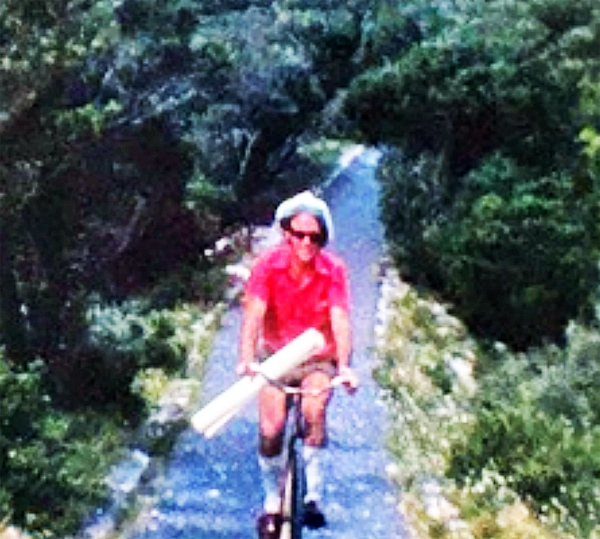
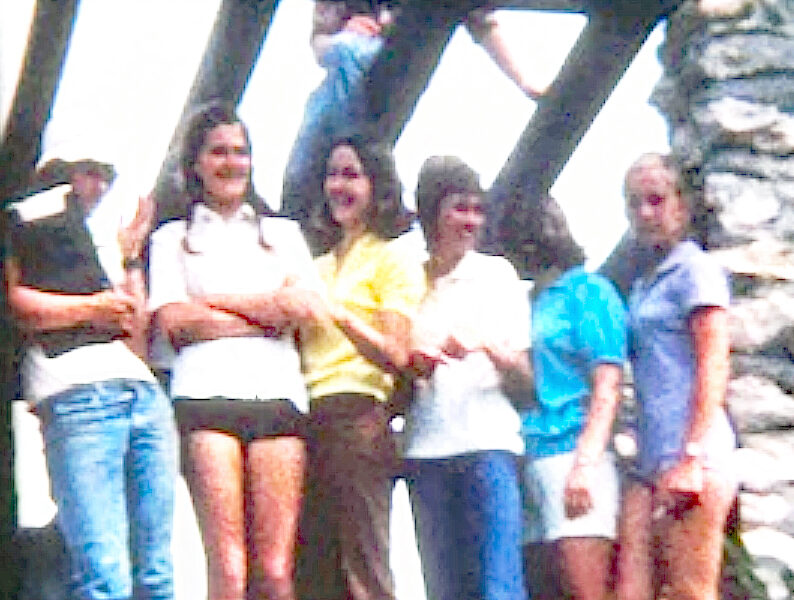
Brian Jenkins took us up to Vlamingh Memorial Lookout for tabletop coordinates and mapping, while Robyn Arnott and Barbara Wadley coordinated cycle group challenges.
One camp at Rottnest taught the whole group a lesson in supervision and an emergency search and first aid, when one of our cohort went missing after the evening meal. Bruce Sinclair and his team set up a search for our student who was medically compromised, but the outcome was successful. It was a real-life situation in handling an emergency which demanded good planning and cool heads. A teaching lesson well learnt.
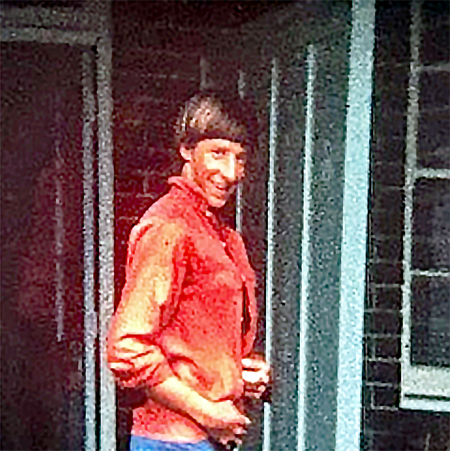
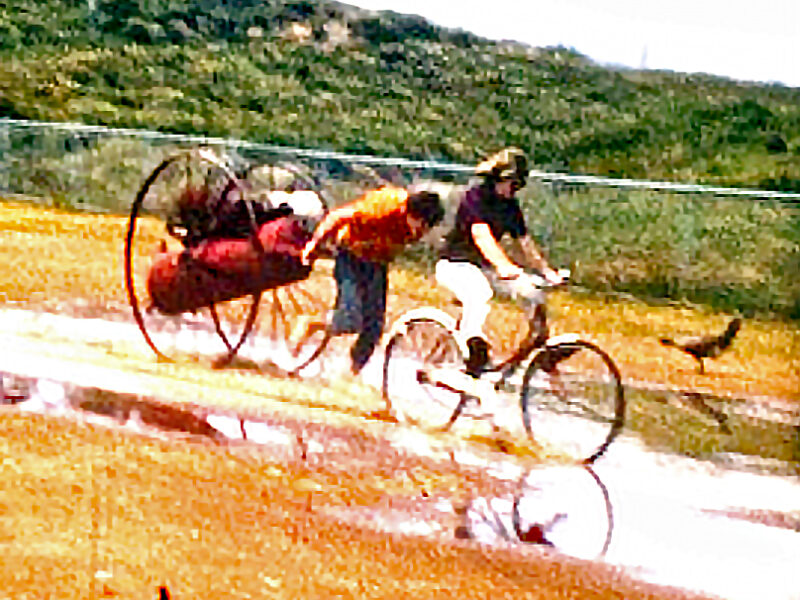
Recreation activities were always popular and taught us the value of staff enthusiasm and participation with the students. Under the Kingston Barracks clock tower and in the Parade Ground, we enjoyed softball, touch rugby, cycling, exploring gun emplacements overlooking the coast, and racing the old fashion fire units.

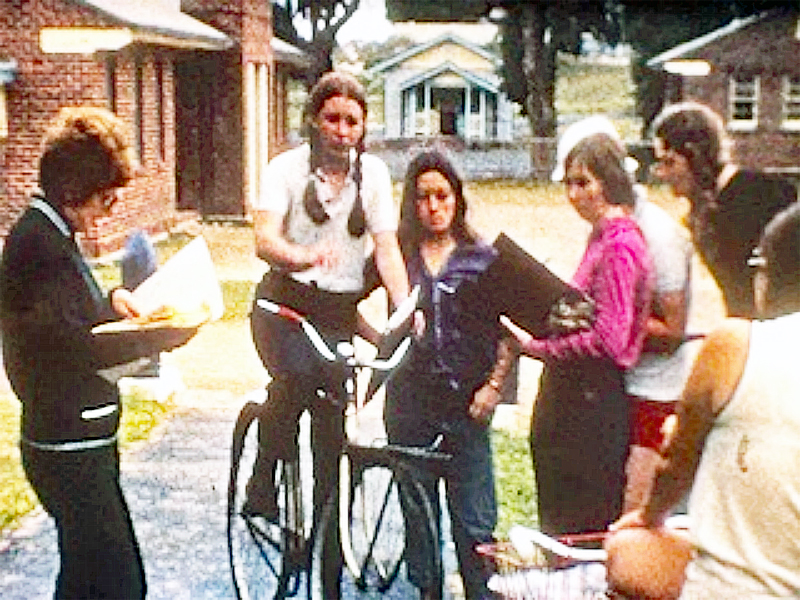
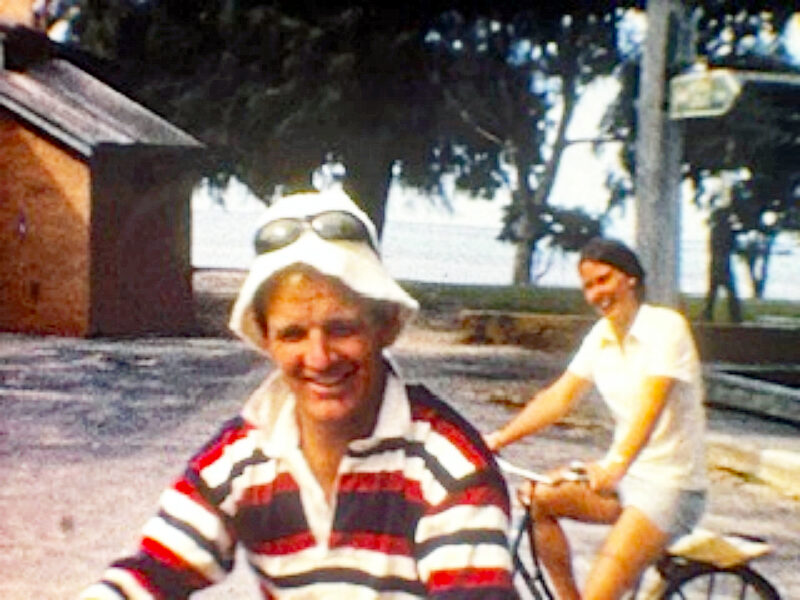
Camps and what they offered trainee teachers as a tool for the future instruction and staff-student relationships were seen as very important. Our Mount Lawley College staff presented these experiences well. Camps were educational and enjoyable.
Some other pictures of the Rottnest camps provided by Robert Neil Kidd, and Terry Watt, are featured below.
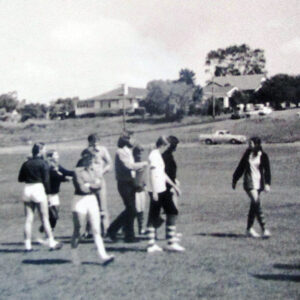
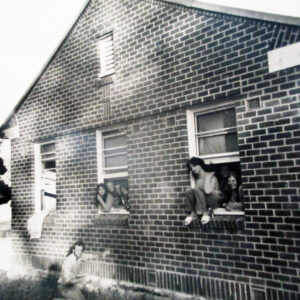
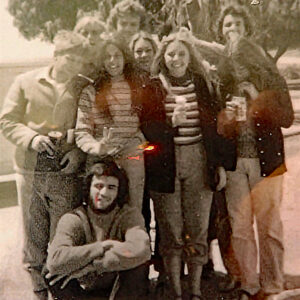
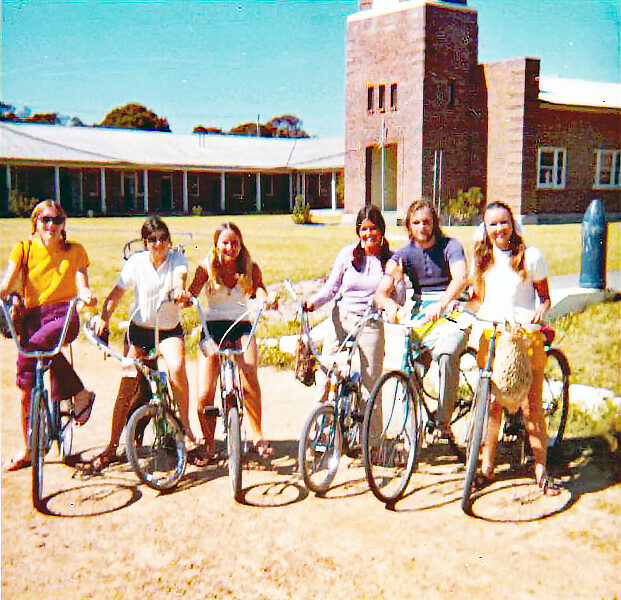
Sporting Groups
This should include the type/activity of sporting groups and if possible include some images.
One of the more unusual sporting events was the ‘Fair Go” run against the WA Fire Brigade.
Clive Choate provides the following:
MLTC students were part of the ABC TV series “FAIR GO” in 1971
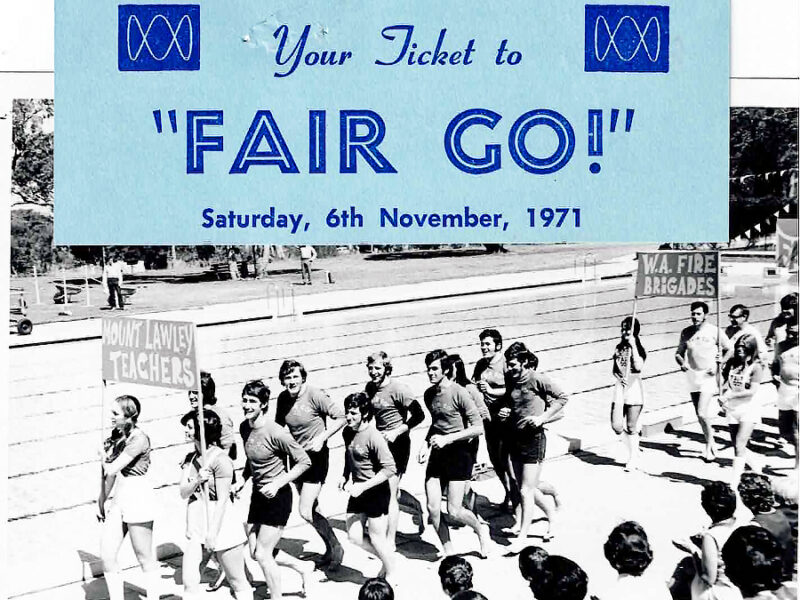
MLTC Student Teachers run on during the opening ceremony in their contest with the WA Fire Brigade. The competition was held at Hale School pool and involved many different challenges: Putting up a tent blindfolded, surf reel races in the pool, obstacle races with a wheelbarrow and more. Young journalist Drew Morphett, who later became famous with AFL calling, hosted the competition.
run on during the opening ceremony in their contest with the WA Fire Brigade. The competition was held at Hale School pool and involved many different challenges: Putting up a tent blindfolded, surf reel races in the pool, obstacle races with a wheelbarrow and more. Young journalist Drew Morphett, who later became famous with AFL calling, hosted the competition.
